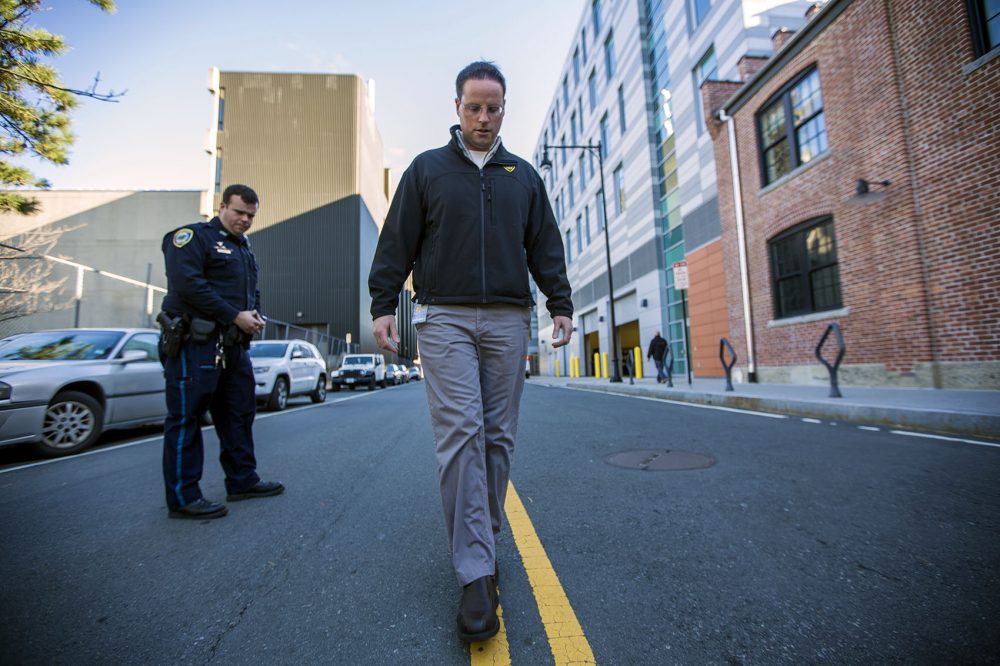Advertisement
ACLU Worries Mass. Group's Proposals To Stop High Driving Could Violate Civil Rights

A new report out Thursday recommended state lawmakers take up nearly 20 measures aimed at ensuring road safety with the advent of legal recreational marijuana.
Formed in June last year, just weeks before adult-use cannabis sales could legally start, the Special Commission on Operating Under the Influence was charged by industry regulators with discovering how legislators and law enforcement can stop people from driving while high.
The 19 proposals put forth by the group in nearly 500 pages range from forming yet another commission on how to tackle the problem, to amending the state's open container laws to include cannabis — not just alcohol.
But, the ACLU of Massachusetts has raised concerns about nearly a third of the group's suggestions, saying that some of them could threaten civil liberties.
Matt Allen, field director with the ACLU of Massachusetts, was a voting member of the commission. He took issue with several of its findings — in particular, its recommendation to legislators to allow police to use various roadside breath or blood tests to gauge a driver's impairment.
"I was concerned that they were not based in science and evidence," he said. "And, to some extent, giving law enforcement agents the ability to penalize motorists for submitting to tests that are not scientifically proven to measure impairment."
In 2017, the state's highest court ruled that field sobriety tests are not conclusive evidence of marijuana intoxication.
While Allen agreed with most of the other recommendations put forth by the special committee — like the need for more public awareness around the dangers of driving while high — he said civil rights should not be collateral damage in enforcing the law.
Massachusetts House Speaker Robert DeLeo, who was sworn-in to his sixth term Wednesday, said passing measures on this issue will be a challenge.
"I know that it's something being worked on extensively by people in the public safety community," he told reporters Thursday after Gov. Charlie Baker's inauguration to a second term. "But as of yet, I don't think we've come to any type of resolution in terms of how we're going to be able to test folks that may be impaired driving as a result of marijuana smoking."
DeLeo said taking a close look at the group's suggestions will be a priority for him this legislative session.
